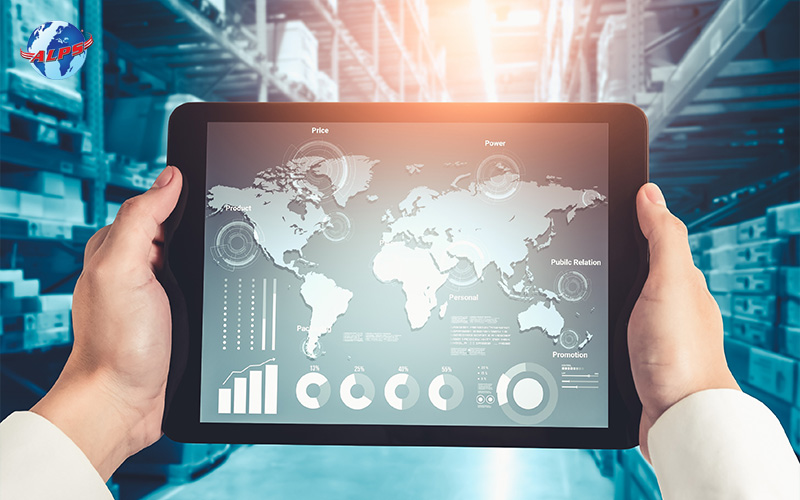How Technology is Transforming Freight Services: Automation and Real-Time Tracking

Freight services and logistics have always been the backbone of global trade, and in a logistics hub like Singapore, efficiency is non-negotiable. As customer expectations for speed, transparency, and accuracy continue to grow, the industry is undergoing a profound shift. This transformation is driven by one key force: technological advancement.
The Role of Automation Solutions in Modern Freight and Logistics Operations

The freight and logistics sector is no stranger to complexity. In Singapore and across the globe, logistics operators face mounting challenges—rising fuel costs, tight delivery schedules, workforce shortages, and growing customer expectations for real-time tracking and faster fulfilment. Add to that the ongoing need for compliance, supply chain visibility, and minimising operational downtime, and it’s clear the traditional way of doing things is no longer sustainable. This is where automation solutions come into play.
Freight Services for High-Value Goods: Ensuring Security and Insurance Coverage

Transporting a high-value good requires far more than standard freight handling. Whether it’s fine art, luxury watches, electronics, or sensitive medical equipment, the risks associated with shipping such items are significantly higher. To ensure optimal protection, businesses must work with logistics providers that offer specialised packaging, robust in-transit security, and the right insurance coverage.
How E-Commerce Giants Are Changing the Air Freight Industry
Key Takeaways Increased Air Freight Demand: E-commerce giants are fuelling higher cargo volumes by prioritising speed and efficiency in cross-border and last-mile delivery. Shift to In-House Logistics: Companies like Amazon and Alibaba are building dedicated air cargo fleets to reduce reliance on third-party carriers and optimise control. Technology-Driven Efficiency: Innovations like AI, drones, and real-time […]
Certificates of Origin

WHAT IS AN ORDINARY CERTIFICATE OF ORIGIN? A Certificate of Origin (CO) helps to attest the origin of goods. There are two types of COs, namely ordinary COs and preferential COs. An ordinary CO, also known as a non-preferential CO, is a trade document that helps to identify the origin of the good. WHAT IS […]
Types of Shipping Containers

Updated: Oct 19, 2022 STANDARD DRY CONTAINER A standard container is the most common type of container in the market. It’s usually made of steel and sometimes aluminum. The aluminum containers have a slightly higher payload. In general, containers are airtight and water-resistant, preventing damage from the outside. One end of the container has doors […]
What is a Bonded Warehouse?

Imported dutiable products, often known as bonded goods, can be kept in a bonded warehouse until customs taxes and duties are paid. These are also referred to be “zero-GST warehouses” in Singapore and may be held by the government or a private company. Learn more about the many kinds of bonded warehouses, how they differ […]
What is a Switch Bill of Lading?

A Switch Bill of Lading is the second set of Bill of Lading issued by the carrier or its carrier agent. It is issued to replace the Original Bill of Lading issued at the time of shipment. It is frequently used to replace the Shipper and Consignee information from the Original Bill of Lading. Because […]
What is Free Trade Agreement (FTA)?

FTAs are legally binding international treaties signed by two or more trading partners to promote commerce by lowering trade barriers in products, services, and investments. WHO STANDS TO BENEFIT FROM FTAS? With Singapore being an open trading economy, a vast majority of imports already enter Singapore tariff-free. FTAs primarily assist Singapore exporters, especially those in […]
Ensuring Safe Transport: Additional Dangerous Goods Cargo Services in the Realm of Shipping

The transportation of dangerous goods is a critical aspect of the global economy. From chemicals and explosives to radioactive materials and flammable substances, these hazardous materials require special handling and adherence to stringent regulations. Dangerous goods shipping involves a complex network of services designed to ensure the secure and safe transport of such cargo. In […]






